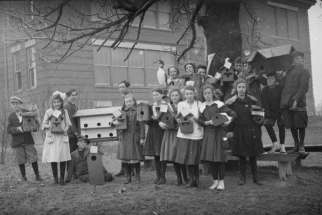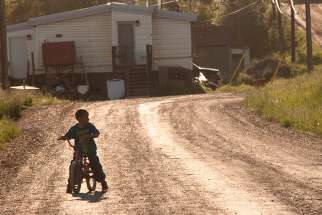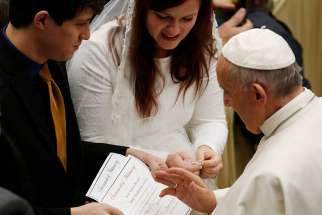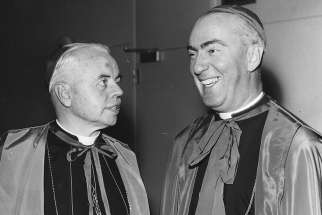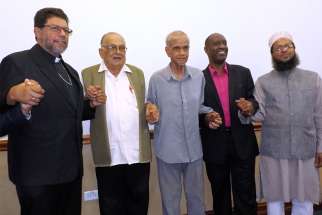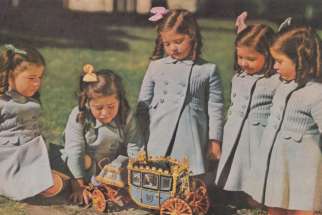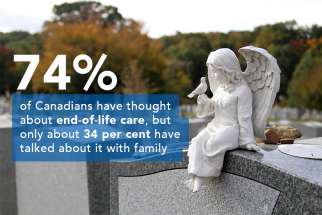A fruitful marriage fulfills God's dream for the human family, Pope tells young couples
The Register Archive: School may be out, but that doesn’t mean parents should leave children to their own resources
In the dog days of August, at the height of vacation season, it is tempting to let a few things slide. But not too much. One hundred years ago, The Catholic Register did its summer duty by reminding parents of their own duty when it came to their children. From the July 18, 1918 issue, The Register offers advice that still may apply today.
A new report from the Angus Reid Institute showing poverty may be a bigger problem than official statistics indicate is ramping up pressure on Ottawa to unveil a federal poverty reduction strategy.
Canadian Church coming to terms with Humanae Vitae
Canadian controversy over Humanae Vitae began long before Pope Paul VI issued his controversial encyclical.
Nearly 500 British priests sign statement supporting 'Humanae Vitae' teaching on contraception
Father's Day: Stepping in to fill a father's role
Next month will mark the 50th anniversary of Humanae Vitae, the 1968 encyclical of Blessed Paul VI which reaffirmed the immorality of contraception at a time when many in the Church and the world expected a change.
Speaking out: Growing up with interreligious parents
Most of my childhood Sundays were spent below the stained glass windows of a beautiful church filled with incense. I was a “cradle Catholic,” baptized in a white gown and confirmed when I still had braces. However, some Sundays I spent in a modestly decorated Pentecostal church.
The world’s most famous quintuplets, the five Dionne girls, were born May 28, 1934 to poor Catholic parents Oliva and Elzire Dionne on their farm near Corbeil, Ont. They were the first quints to survive infancy and were instant global sensations. Fearing they would be exploited, the Ontario government made the girls wards of the province with special legislation (the Croll Bill). It prompted a fierce debate over parental rights, which played out in the pages of The Register. Later, a fierce custody battle resulted in the girls returning to their parents in 1943 after an early childhood that saw them put on public display in a specially-built hospital and nursery called Quintland. In 1998, three surviving sisters won a $2.8 million settlement from Ontario as a result of their exploitation. In the April 11, 1935 Register, the parents made their case against the Croll Bill in a letter to the editor:
When Katherine Arnup’s mother had a brain aneurism in 1990, she and her siblings were faced with tough choices.



